Since Google unveiled Android 7.0 Nougat back in August, there haven't been a lot of smartphones to get the new OS version or launch with it pre-installed. Aside from the
LG V20 and the
Google Pixel and
Pixel XL, there are no other major smartphones in the US to come with Nougat out of the box. Furthermore, most of the popular Android smartphones of 2016 still run some version of Android Marshmallow. Sure, Motorola is breaking the pattern by launching quick Nougat updates to its latest phones, but at the market level, Nougat has yet to make an impact some three months since its unveiling.
Looking at the latest Android distribution numbers, published earlier today on the Android Developers Dashboard, these impressions get manifested into numbers. According to Google's own stats, Android 7.0 Nougat is running on just 0.3% of devices. Android 7.1 Nougat, which is the improved version of the OS that currently runs only on the Google Pixel and Pixel XL, doesn't even show up in the graphs as Google doesn't show Android versions with a distribution of less than 0.1 percent.
Lollipop remains the most popular flavor of Android at the moment, with a commanding 34 percent share of the market. Then comes KitKat with 25.2 percent and Marshmallow close behind at 24 percent.
In the next couple of months, Nougat's adoption is expected to get a significant boost. Samsung announced that it's planning to launch the beta version of Android 7.0 Nougat to the Galaxy S7 and S7 edge, the OnePlus 3 is about to get its own slice of Nougat, Sony has kicked off its Nougat beta program, and even the ZTE Axon 7 will get the new Android version in January.
We should also take the time to highlight that Marshmallow isn't doing too bad. Launched last year, Marshmallow was slow to gather market share at first. Back in the summer, it was installed on just 7.5 percent of active Android devices. As we now approach the end of 2016, Marshmallow rose to a share of 24 percent.
As far as the traditional fragmentation-centered conversation that Google's Android distribution numbers usually stir up, it doesn't look like the situation has gotten any better for Android in this regard over the past few years.
source:
Google
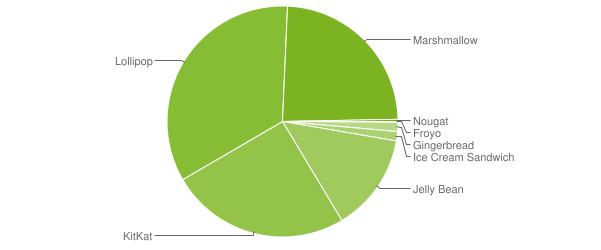

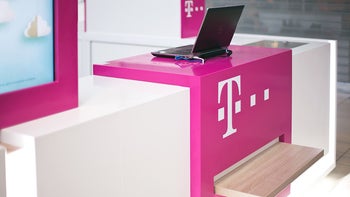
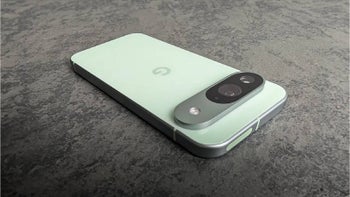

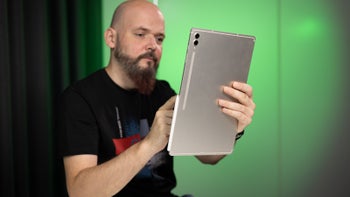
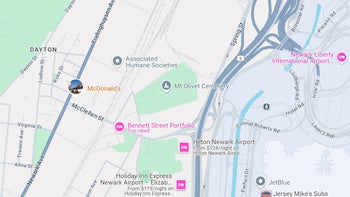
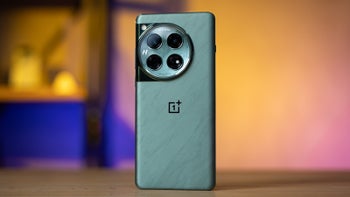
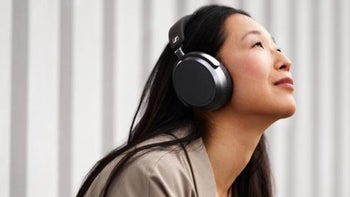

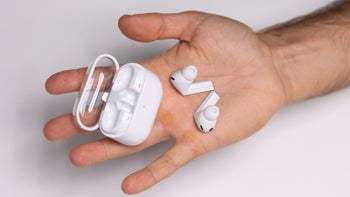
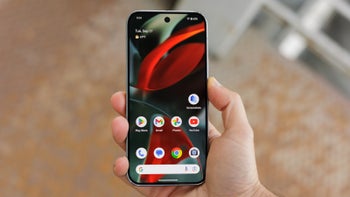
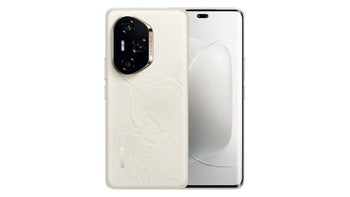
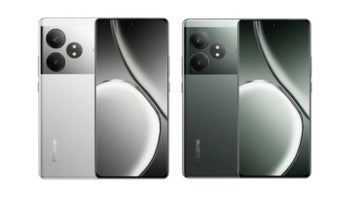
Things that are NOT allowed: